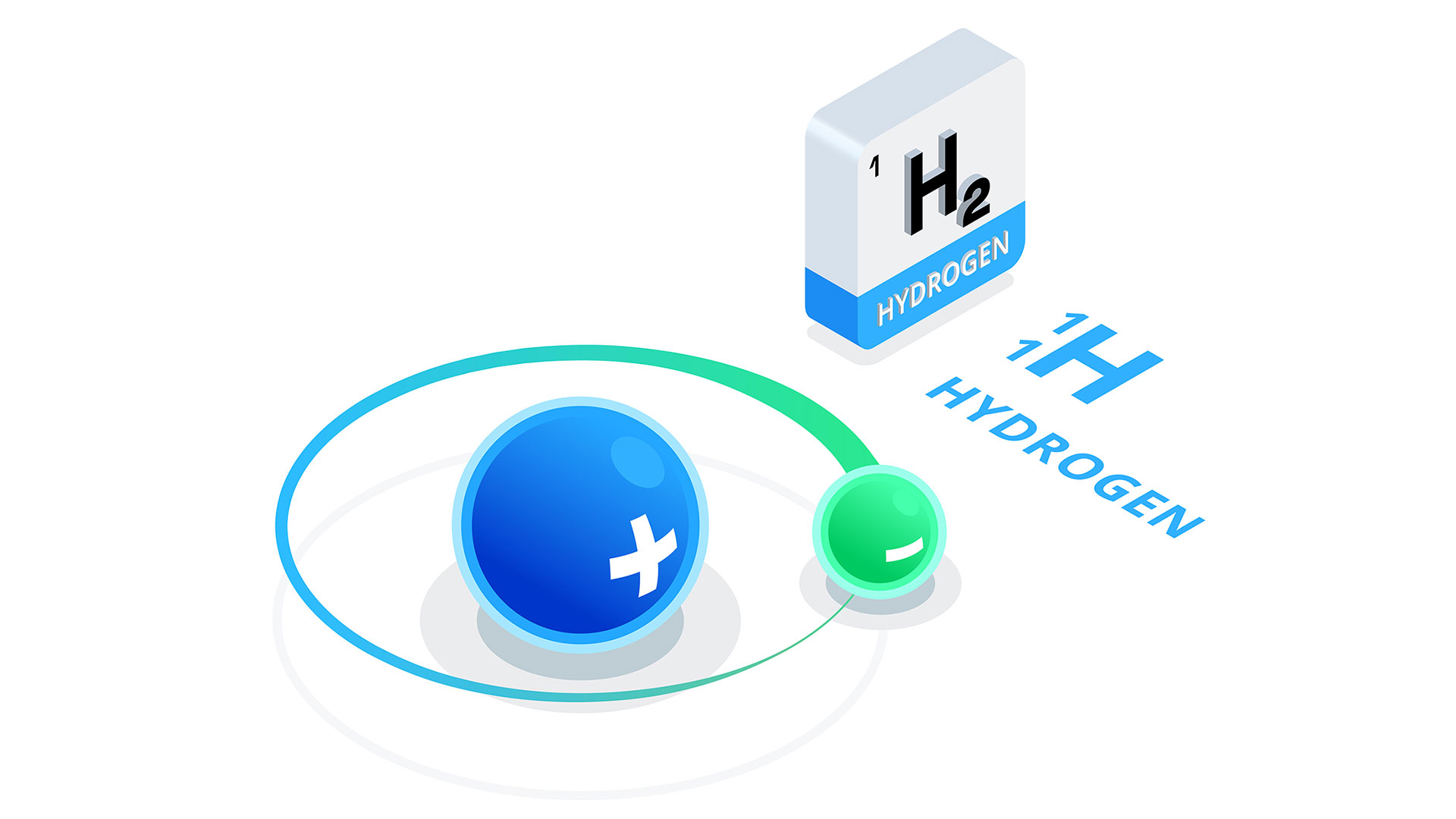Find out about the UK Atomic Energy Authority’s STEP nuclear fusion programme.
Background
Spherical Tokamak for Energy Production (STEP) is a UK Atomic Energy Authority (UKAEA) programme that will demonstrate the ability to generate 100 MW net electricity from fusion. It will also determine how the plant will be maintained through its operational life and prove the potential for the plant to produce its own fuel.The first phase of the programme is to produce a concept design by 2024. It will be a spherical tokamak, connected to the National Grid and producing net energy, although it is not expected to be a commercially operating plant at this stage.
Energy storage
Spherical fusion reactors require powerful magnetic fields to confine and control the extremely hot plasma of fusion fuels. The confinement and heating processes are very energy intensive until a “burning” plasma has been formed when the energy generated by the plasma exceeds the energy required to sustain it. Once the plasma is extinguished the energy contained within the systems can be released either as electrical or thermal energy. The STEP prototype’s objective to generate net energy requires power station scale electricity generation. These have significant thermal requirements for start-up and shut down. A mixture of electrical, chemical, and mechanical storage solutions will be required to manage the rate and quantity.
Hydrogen Fusion reactors use three different isotopes of hydrogen (protium, deuterium and tritium). Deuterium and Tritium reactions provide the greater energy gain with the lowest operating conditions. Tritium is a radioactive isotope (with a ½ life ~ 12.3 year and decays to Helium and a weak beta) very expensive and difficult to source. Energy efficient purification and reprocessing of all tritiated streams will be required, this has the potential to generate large quantities of protium (hydrogen with an atomic mass of 1). The UKAEA is seeking expertise in the dissociation, recombination, and storage of protium.
Event Programme
- Introduction to UKAEA and nuclear fusion programme
- Introduction to the challenges of Tritium breeding and energy extraction
- Introduction to the wider challenges, including materials, linking to hydrogen and energy storage and the power system
- Question and Answer and discussion session
This webinar takes place on Friday 17th June from 11:30 – 13:00 and is exclusively for staff and students at Energy Research Accelerator partner universities (Aston, Birmingham, Cranfield, Keele, Leicester, Loughborough, Nottingham and Warwick) and the British Geological Survey.


